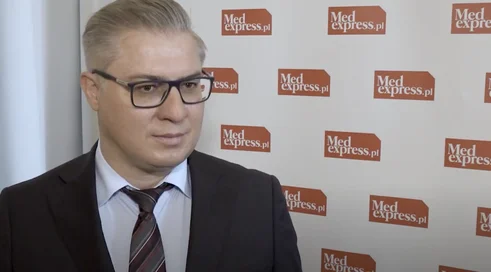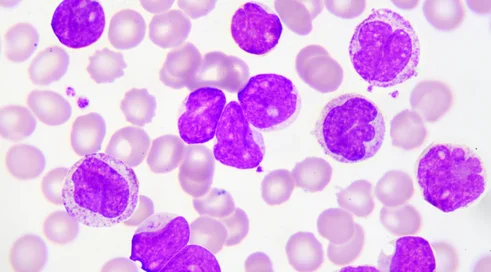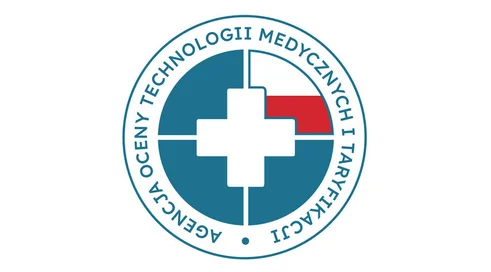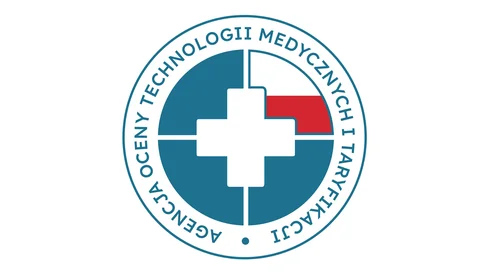Plasmocytic myeloma is a rare hematopoietic neoplasm. Its course and prognosis depend on genetic factors, among others. Are high-risk patients currently being properly identified and given access to therapy?
Cytogenetic changes in patients with plasmocytic myeloma are one of the strongest prognostic factors to determine the clinical course of the disease. Patients at high cytogenetic risk are patients whose therapy is a major challenge despite the tremendous advances we have seen in recent years in treatment. Cytogenetic changes are our most important concern.
In predicting the clinical course of myeloma, we rely on the revised International Prognostic Index, which includes questions of cytogenetic changes, among others. A new version of this indicator has recently emerged, which takes into account new cytogenetic changes. This is primarily a matter of the presence of a deletion within chromosome 17, but also changes within chromosome 1. Amplification, or addition, or 1q+ are additional genetic factors that have been included in this indicator. Changes within chromosome...
Content locked
To gain access to the complete English section of the Medexpress.pl, kindly reach out to us at english@medexpress.pl.


















